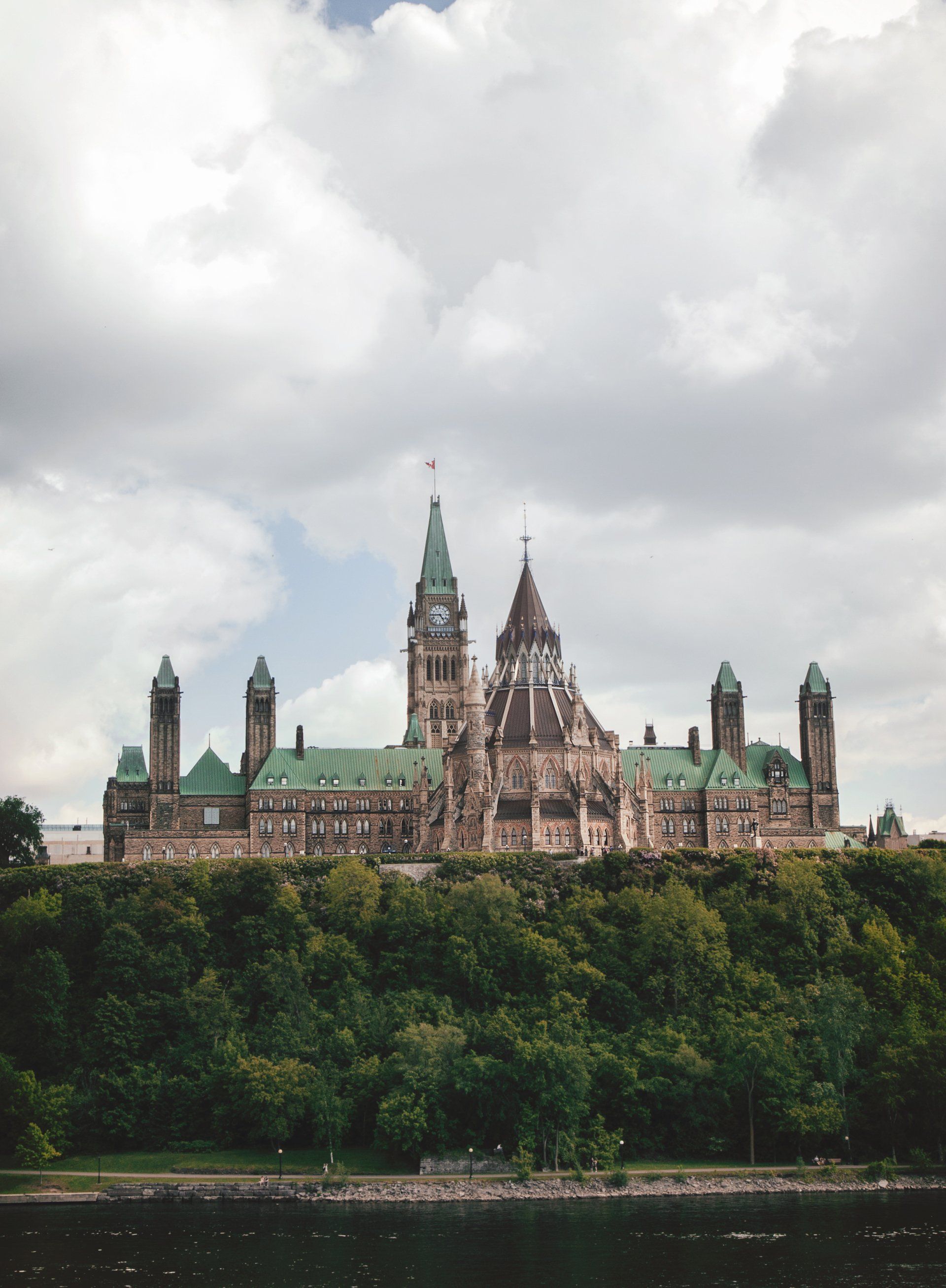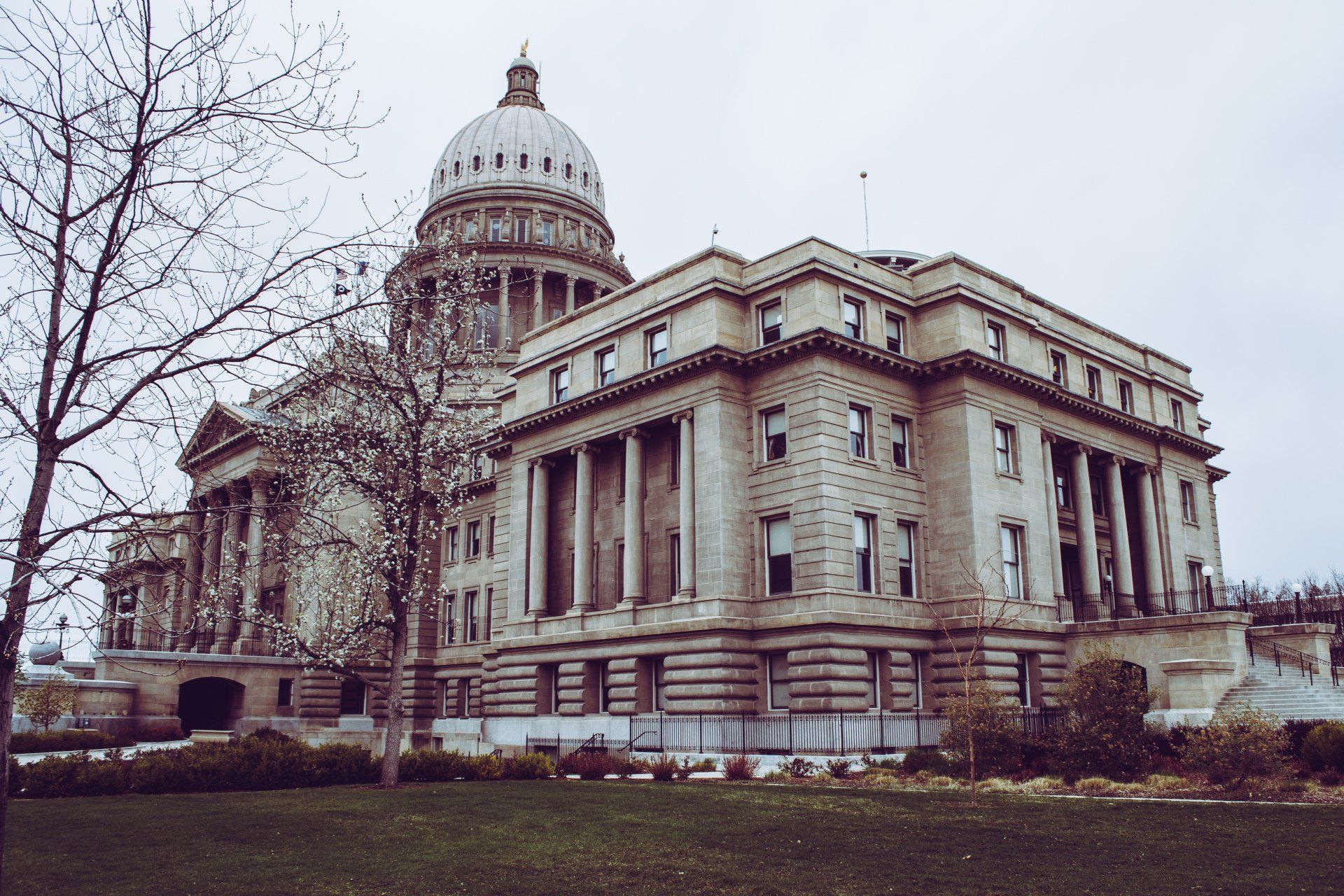Legal Sports Betting
What Does It Mean for Individuals, Governments, and Sports Organizations?
Sports betting has been illegal in Canada and most of the U.S. until recent years. Despite this, it’s long been a lucrative and growing industry with much of the activity happening illegally or outside of government regulations.
The U.N. estimates that the global illegal sports betting market is worth nearly $1.7 trillion. In Canada, government reports indicate that $10 billion is spent each year on illegal, black-market betting and an additional $4 billion on grey-market sites linked to offshore markets where gambling is legal.
Recently, however, this once illegal industry has been brought under government regulation. A 2018 U.S. Supreme Court ruling struck down a federal law that banned sports betting outside of Nevada. In 2021, Canada passed federal legislation that legalized single-game sports betting.
In both countries, states and provinces are now free to set regulations and laws around gambling on sports. Legal sports betting already takes place in 30 U.S. states plus DC, while every Canadian province and territory outside of Nova Scotia has some level of legalized betting.
Like the prohibition on alcohol or the recent legalization of recreational cannabis, many of the arguments in favor of legalized sports betting are centered around regulating and taxing an activity that is already taking place. On the other hand, gambling can be an addictive and damaging activity that has impacts at both the individual and societal levels.
This article will examine some of the arguments that support and oppose the legalization of sports betting.
The Arguments in Favor of Legalized Sports Betting
Regulation and Consumer Protection
It’s generally understood that, regardless of the law, people are already betting on sports. Many of the existing black-market platforms are linked to organized crime or are simply offshore companies operating legally in their own countries. As a result, bettors have little to no protection in the case of a dispute. For example, there is no guarantee that an illegal betting platform will payout a bet, especially large bets, and there is no legal recourse available to the bettor. Legalizing sports betting allows governments to regulate the industry, set standards, and increase consumer protections. Restrictions can also be put in place that set limits on compulsive and potentially harmful gambling behavior. Further, a legalized industry allows for more visibility into potential integrity issues such as match-fixing, discussed further below as a potential risk.
Increased Tax Revenue
Of course, governments don’t just want to regulate gambling on sports – they also want the ability to tax it. Illegal or offshore platforms don’t pay tax, and governments want their share of the massive revenues these companies can bring in.
After legalizing recreational cannabis usage in 2012, the U.S. state of Colorado has collected over $1.6 billion in fees and taxes. Many jurisdictions are hoping for a similar tax windfall from the legalization of sports betting. In British Columbia, the BCLC estimates that single sports betting would generate between $125 - $175 million in additional revenue each year. New Jersey, which already has one of the most advanced sports betting markets in the U.S., raised nearly $50 million in tax revenue in 2020 despite the widespread cancellation of games due to the pandemic. Across the U.S, nearly $800 million has been collected in taxes since 2018.
There is some concern that the tax rates and fees imposed on legal sports betting will make these platforms less attractive to consumers. The NCSL reports that most U.S. states charge between 5 and 20 percent taxes on betting, while Pennsylvania charges more than 33 percent. Unimpeded by these additional costs, black-market sites can offer lower prices and better payouts, keeping consumers on their platforms and hindering the switch to legal businesses.
New Sponsorship and Revenue Opportunities
It’s not just governments that are eager for new revenue streams. Despite a long history of hesitation and fears around the impacts of gambling, professional sports leagues are now signing huge sponsorship and licensing deals with sports betting platforms.
NBA Commissioner Adam Silver was the first of the major North American sports to publicly speak out in favor of legalized betting in 2014. Since then, the NBA, NHL, MLB, and NFL have all partnered with bookmakers in multi-million-dollar deals.
It’s not just the leagues that have changed their approach – clubs and broadcasters have also gotten in on the action. MLB’s Chicago Cubs, for example, signed an exclusive deal with DraftKings worth $100 million. Similarly, NBC Sports agreed to a five-year deal worth $500 million with PointsBet.
Despite the massive numbers, sports organizations should be cautious in how they approach these partnerships. A 2020 survey of soccer fans found that a third would be put off from buying their club shirt if it had a betting sponsor, while nearly two-thirds believed that the current restrictions on gambling ads did not go far enough.
The Arguments Against Legalized Sports Betting
Gambling Can Be an Addictive and Damaging Behavior
Widespread access to gambling platforms increases the risk of addictive or problematic gambling behavior. Problematic gambling can lead to high rates of debt, increased risk of psychological difficulties, poor workplace or school performance, and other challenges that can negatively impact an individual.
It’s estimated that 6 percent of college students in the U.S. have a serious gambling problem. A study by the National Council on Problem Gambling showed that sports bettors in particular had significantly higher levels of problem gambling than those who gambled on other activities and that the risk of addiction is higher for young adults.
Aggressive advertising campaigns and the rise of online and mobile betting platforms have increased these risks. One survey found that sports bettors who use mobile devices have a higher incidence of problem gambling and that gambling problems increase with online betting.
New Jersey, which as mentioned above has one of the most developed legal sports betting industries in the U.S., found that more than a quarter of all calls to the gambling hotline were related to sports betting.
Increased Access for Young and Underage Bettors
Concerns around access are not only limited to adults. The rise of online and mobile platforms has been found to increase access for young and underage bettors. This is highly concerning, as studies have found that even exposure to simulated gambling games that use a virtual currency is linked to an increased risk of monetary gambling and gambling problems.
Young people already have higher rates of problem gambling than adults. A Canadian study conducted from 2012-2013 found that 41.6 percent of adolescents had gambled in the past 3 months and that the most popular form of gambling was online sports betting. Compared to those who only gambled at casinos or other physical locations, a significantly higher proportion of youth online gamblers had high or low-to-moderate levels of problematic gambling.
Online platforms lack many of the security measures put in place at physical locations. Age verification and ID checks are often only done upon the creation of an account, meaning a youth can simply access an adult’s account and bet without restriction or supervision.
Match-Fixing and Integrity Challenges
The resistance to sports betting from leagues and other organizations has centered around the risk of match-fixing and other integrity issues. Massive amounts of money can change hands from a single match, and this can lead to bribes and other attempts to affect the results.
The COVID-19 pandemic has coincided with a spread of match-fixing. A recent Guardian article showed that, despite fewer games played in 2020, the amount of suspicious activity and match-fixing increased across the 26 sports surveyed.
Much of the activity has shifted away from the major professional sports leagues to lower-level leagues, less popular sports, and volunteers, officials, or other actors besides the athletes themselves. Paid at lower rates and generally less observed than professional athletes, these individuals are more susceptible to bribes and are therefore more easily influenced.
Despite this, a Transparency International report suggests that the legalization and regulation of sports betting will actually help to control the problem of match-fixing. The increased attention on the industry can help to catch suspicious activities earlier, while agreements between the leagues, betting platforms, and regulatory bodies can ensure that information is shared and that any issues are reported and investigated immediately.
Australia, for example, which has a long history of legal sports betting, allows sports organizations to request operators undertake an integrity check. Similarly, the regulatory body in France has access to all players’ betting information.
Legal Sports Betting Is a Big Industry That Will Continue to Grow
Despite the risks and challenges associated with sports betting, the trend is currently pointing to a more open, legalized, and regulated market across North America. Enticed by huge potential tax revenues and the ability to wrestle control away from organized crime and other black-market participants, governments are enacting laws to allow and control sports betting.
Like any form of gambling, individuals should set limits and only gamble what they are prepared to lose. Legal platforms should provide tools that allow you to control the amount of money and time that you spend on the site. If you are concerned about your gambling behavior, contact the National Helpline in the U.S. or your provincial gambling hotline in Canada.


